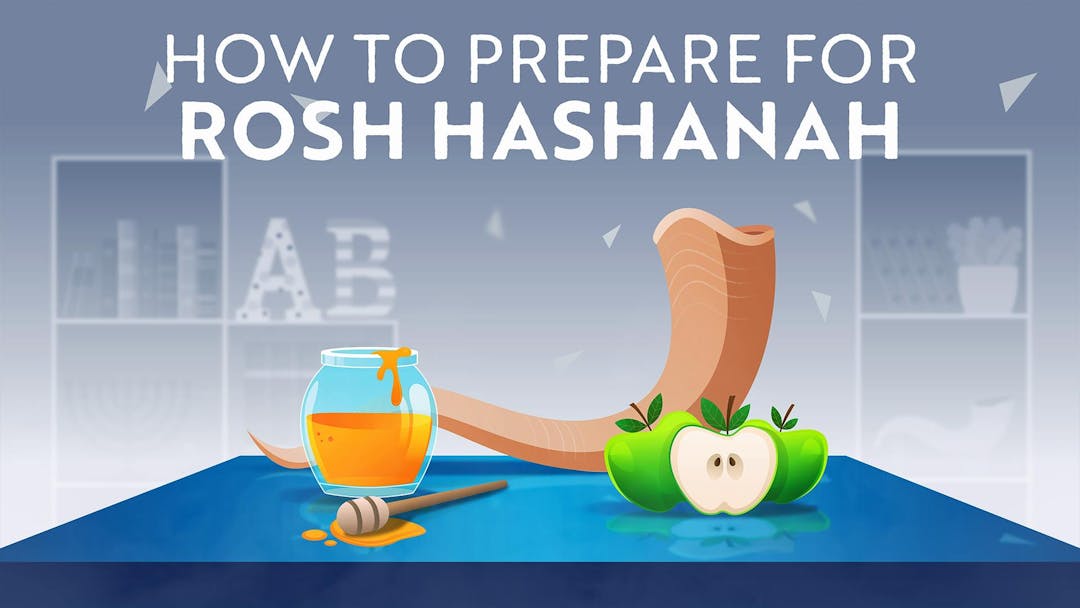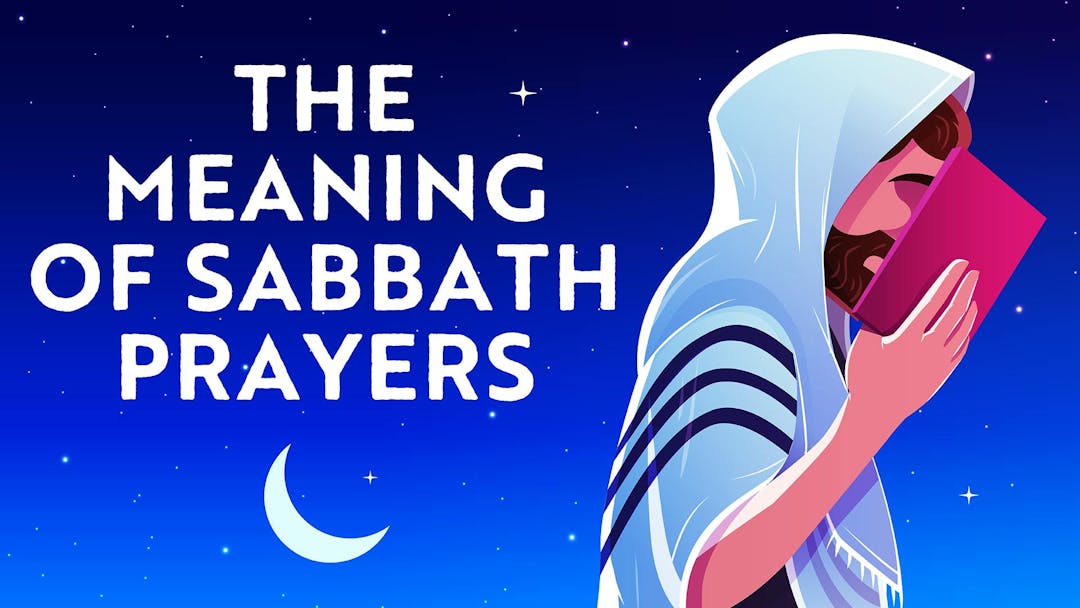Start your free trial today to unlock the full library and enjoy unlimited and uninterrupted access.
Get StartedWhat Is A Bracha?
The Meaning Of Brachot?
From the moment we wake up to the moment before going to sleep, before we eat, after we eat — we’re always making Brachot! But because they’re such a constant in our lives, it’s no wonder we end up muttering the words. Quickly these prayers lose their sense of meaning, even becoming obstacles in the way of the food we want to enjoy. But it doesn’t have to be this way. Brachot don’t have to be a burden — they can be a meaningful experience. Join Ami Silver as he re-examines the origins of Brachot in the Bible and discovers new meaning behind these prayers — and never think about Brachot the same way again.
Want to watch the full video for free?
Enter your email and we’ll send you a link to watch the full series free.
What is Aleph Beta?
Aleph Beta is a unique kind of Torah library. Led by our founder, Rabbi David Fohrman, we are dedicated to high-level, textual Torah learning for adults that is intellectually and spiritually sophisticated, that enlivens your Jewish practice and helps you forge a deeper connection to God. Whether you’ve been learning in yeshiva for years or you’re just beginning your Torah journey, you’re sure to find something meaningful and surprising waiting for you here.
Browse our library of over 1,000 beautifully produced animated videos, podcasts, deep dive courses, and printable guides. Topics include the weekly parsha, Jewish holidays & fast days, laws & mitzvot, prayers, relationships, big philosophical ideas and more. Have something to say at the Shabbos table that will amaze your family and guests and bring deep meaning into their lives.










